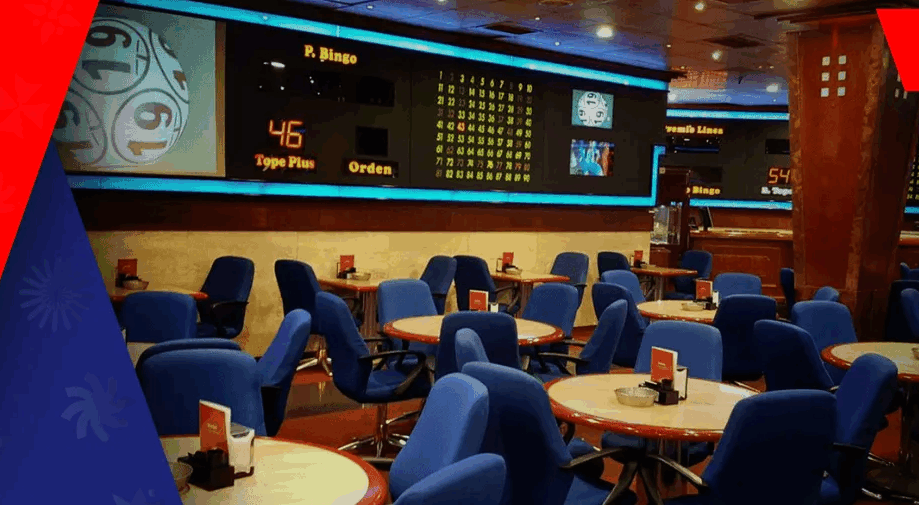Italy’s Council of State has formally referred the long-running bingo license extension dispute to the Court of Justice of the European Union. The case raises fundamental questions about the balance between national regulation and EU principles on market freedom and competition, particularly in the public gambling sector
Italian Bingo License Extension Dispute: Council of State Confirms Referral to EU Court

A Turning Point in a Long-Running Legal Battle
Italy’s Council of State has taken a decisive step in the ongoing legal dispute over bingo license extensions. Following a plenary session on April 29, 2025, the Council issued a formal decree confirming its intent to submit the case to the Court of Justice of the European Union (CJEU) for a preliminary ruling.
This is far from a mere procedural formality. The case touches upon foundational aspects of European Union law, including freedom of establishment, market access, and fair competition, as well as the complex interplay between national regulatory autonomy and EU legal standards in sensitive sectors such as public gambling.
Background: Automatic Extensions and Controversial Conditions
The origin of the dispute lies in Decree No. 1071/2023, issued by the Council of State, which questioned whether Italy’s policy of automatically extending bingo licenses aligns with EU law.
The decree highlights several issues:
- A uniform increase in license fees, regardless of operator size
- A ban on transferring premises as a condition for extension
- Indefinite suspension of public tendering, limiting strategic planning for market entry
Several license holders challenged these measures in court, arguing that they unjustifiably restrict entrepreneurial freedom and distort market competition by favoring incumbents over potential new entrants.
EU Court Ruling and the Council’s Rationale
On March 20, 2025, the CJEU ruled in a related case (joined cases C-728/22, C-729/22, C-730/22) that Italy’s license extension mechanisms breach EU law.
However, Italy’s Council of State argued that the CJEU did not fully address all interpretive questions raised by Italian authorities, particularly concerning:
- The proportionality of restrictive measures
- Compliance with the EU’s principle of market access
The Council noted that the legal questions addressed in the March judgment were “not entirely identical” to those in the current Italian proceedings. As such, the Council reaffirmed its intent to submit its own set of questions to the EU Court and suspend domestic litigation pending a detailed ruling.
Why This Case Matters: A Test of Regulatory Boundaries
This dispute goes beyond a licensing conflict—it has become a litmus test for how far EU member states can go in regulating sensitive economic sectors like gambling without violating EU law.
Italy’s intent behind the automatic license extensions was to ensure uninterrupted service. However, critics argue this approach harms market openness, discourages new entrants, and delays competition by indefinitely postponing transparent tenders.
At its core, the case represents a tension between administrative efficiency and compliance with EU competition principles.
What’s Next: Awaiting a Landmark Decision
With the case now formally referred to the Court of Justice of the European Union, a more comprehensive ruling is expected. The EU Court will assess whether Italy’s extension mechanism aligns with fundamental EU principles and offer clarity on the balance between national discretion and market fairness.
In the meantime:
- Domestic proceedings are on hold
- Operators and public agencies face legal uncertainty
- The eventual ruling could reshape the entire Italian bingo licensing framework












